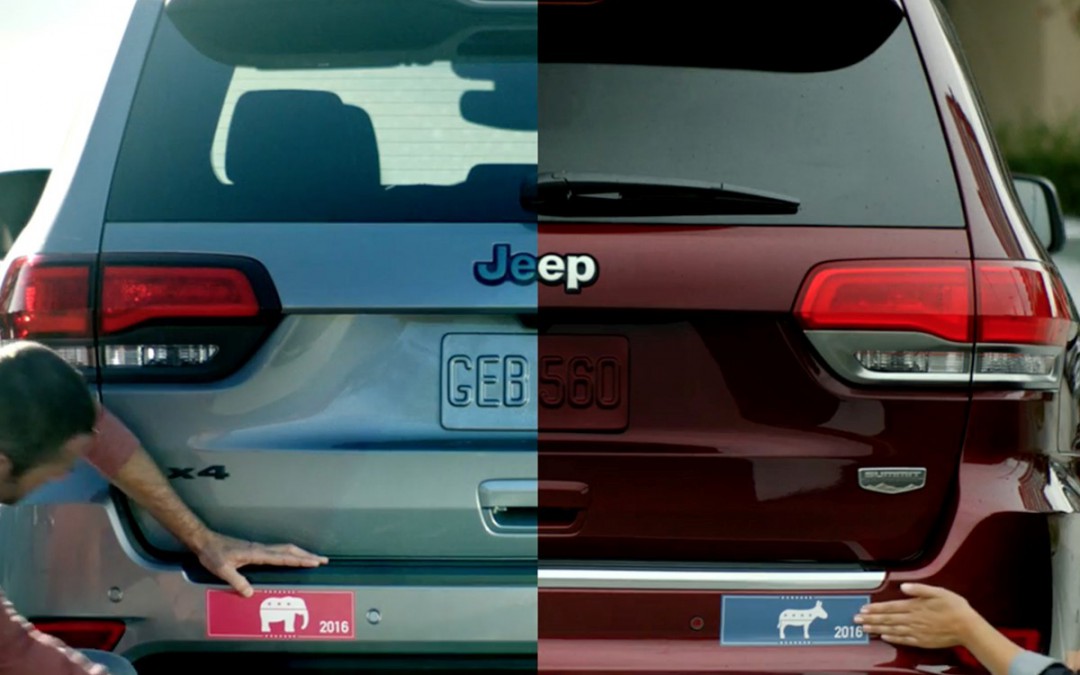For years, marketing buffs, this one included, have raised the praise for internal branding and communications in order to inspire stakeholders and best deliver the brand promise from the inside out. While generating a strong internal culture for the brand is still a vital task, another form of healthcare brand culture is emerging that stems from the outside in.
Cultural relevance is fast-becoming a crucial element in brand strategy and development and is growing as a key differentiator in competitive categories. Simply said, consumers want brands that fit their lifestyle, support their beliefs, and facilitate their daily practices.
Brand relevance versus brand cultural relevance
Brands still need to be relevant to the interests, passions, and desires of consumers. Product and service features are designed to match and meet these needs in a typical brand strategy foundation. Often described as the “sweet spot” of the brand, this model remains highly relevant. However, a new layer of relevance needs to be in the factor today. It is that of cultural relevance, to keep your brand important and timely.
Jeep and Chase are taking their brands to another level in terms of their intersection with cultural relevance. Jeep has redefined its long, established brand DNA such as “freedom. “Born from the ability to drive to places hard to reach, to “freedom of expression”. Current advertising, to the popular tune of Cat Stevens, shows this personal expression in many cultural categories. From politics, to beliefs on war, guns, sexual preference, and other cultural topics, and it’s brilliant. Regardless of your brand culture values and beliefs, Jeep allows you the freedom to express yourself. While, the vehicle itself delivers on this promise by offering choices, models, and packages that allow you to express yourself.
Another example that has caught my eye recently is Hyatt with their new branding around “understanding”. No matter where you are in the world, Hyatt understands the pressures and fears of traveling. They offer its brand as a safe, familiar haven. Also, using Dionne Warwick’s song, “What the World Needs Now,” is an awesome way to create a “heartbeat brand” and be relevant with your audiences.
Brand cultural relevance requires a unique knowledge of your consumers
To be culturally relevant, it not only requires a deep knowledge of your consumers likes/dislikes, demographics, ethnic backgrounds, and other standard classifications. It requires you to know what’s important to them in the world in which they live. And, let’s face it, today we all live in different worlds!
Research methodologies and tools should be reinvented to gain this type of insight by asking culturally relevant questions in addition to the standard awareness, preference, and usage items.
Regardless of whether you’re “red” or “blue” in your political views, there is a resurgence of people coming out, and standing up for what they believe. However, it is what’s important and meaningful to people in their lives. Not since the ‘60’s has this type of vocal and physical activity been more prevalent in our society. Brands that respond to this prevalence with relevance find other ways into the hearts and minds of their consumers.
Click here to learn more about Springboard Brand & Creative Strategy and your healthcare brand culture.

